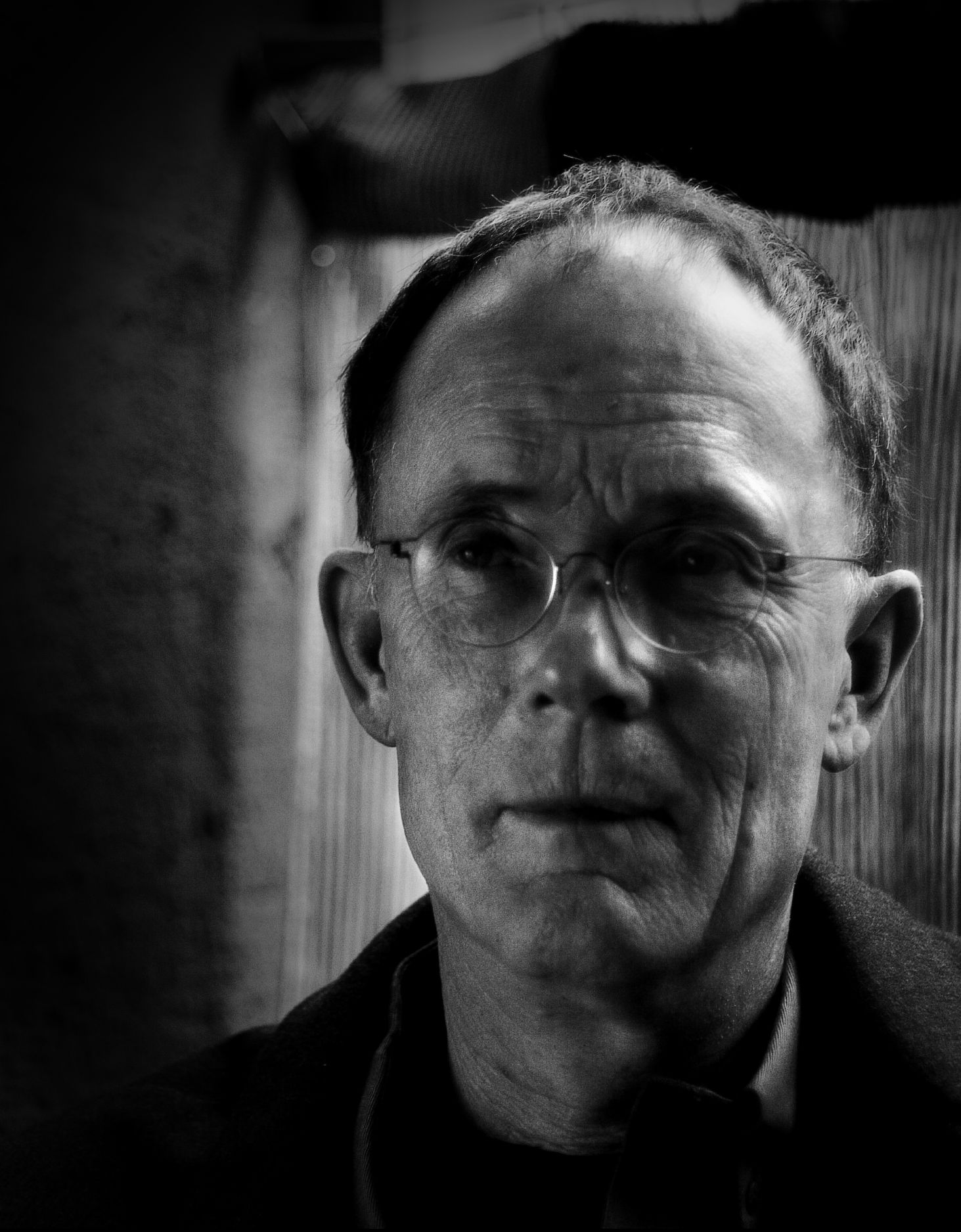William Gibson
 William Ford Gibson (born March 17, 1948) is an American-Canadian speculative fiction writer and essayist widely credited with pioneering the science fiction subgenre known as cyberpunk. Beginning his writing career in the late 1970s, his early works were noir, near-future stories that explored the effects of technology, cybernetics, and computer networks on humans, a "combination of lowlife and high tech"—and helped to create an iconography for the information age before the ubiquity of the Internet in the 1990s. Gibson coined the term "cyberspace" for "widespread, interconnected digital technology" in his short story "Burning Chrome" (1982), and later popularized the concept in his acclaimed debut novel ''Neuromancer'' (1984). These early works of Gibson's have been credited with "renovating" science fiction literature in the 1980s.
William Ford Gibson (born March 17, 1948) is an American-Canadian speculative fiction writer and essayist widely credited with pioneering the science fiction subgenre known as cyberpunk. Beginning his writing career in the late 1970s, his early works were noir, near-future stories that explored the effects of technology, cybernetics, and computer networks on humans, a "combination of lowlife and high tech"—and helped to create an iconography for the information age before the ubiquity of the Internet in the 1990s. Gibson coined the term "cyberspace" for "widespread, interconnected digital technology" in his short story "Burning Chrome" (1982), and later popularized the concept in his acclaimed debut novel ''Neuromancer'' (1984). These early works of Gibson's have been credited with "renovating" science fiction literature in the 1980s.After expanding on the story in ''Neuromancer'' with two more novels (''Count Zero'' in 1986 and ''Mona Lisa Overdrive'' in 1988), thus completing the dystopic ''Sprawl'' trilogy, Gibson collaborated with Bruce Sterling on the alternate history novel ''The Difference Engine'' (1990), which became an important work of the science fiction subgenre known as ''steampunk''.
In the 1990s, Gibson composed the ''Bridge'' trilogy of novels, which explored the sociological developments of near-future urban environments, postindustrial society, and late capitalism. Following the turn of the century and the events of 9/11, Gibson emerged with a string of increasingly realist novels—''Pattern Recognition'' (2003), ''Spook Country'' (2007), and ''Zero History'' (2010)—set in a roughly contemporary world. These works saw his name reach mainstream bestseller lists for the first time. His most recent novels, ''The Peripheral'' (2014) and ''Agency'' (2020), returned to a more overt engagement with technology and recognizable science fiction themes.
In 1999, ''The Guardian'' described Gibson as "probably the most important novelist of the past two decades", while ''The Sydney Morning Herald'' called him the "noir prophet" of cyberpunk. Throughout his career, Gibson has written more than 20 short stories and 12 critically acclaimed novels (one in collaboration), contributed articles to several major publications, and collaborated extensively with performance artists, filmmakers, and musicians. His work has been cited as influencing a variety of disciplines: academia, design, film, literature, music, cyberculture, and technology. Provided by Wikipedia
Showing 141 - 160 results of 164 for search 'Gibson, William, 1948-', query time: 0.20s
Refine Results
-
141by Gibson, William, 1948-
Published 1987Call Number: Loading...
Located:Loading...Book Loading... -
142by Gibson, William, 1948-
Published 1993Call Number: Loading...
Located:Loading...Book Loading... -
143by Gibson, William, 1948-
Published 1988Call Number: Loading...
Located:Loading...Book Loading... -
144by Gibson, William, 1948-
Published 1996Call Number: Loading...
Located:Loading...Book Loading... -
145by Gibson, William, 1948-
Published 1991Call Number: Loading...
Located:Loading...Book Loading... -
146by Gibson, William, 1948-
Published 2010Call Number: Loading...
Located:Loading...Book Loading... -
147by Gibson, William, 1948-
Published 2010Call Number: Loading...
Located:Loading...CD Audio Book Loading... -
148by Gibson, William, 1948-
Published 2012Call Number: Loading...
Located:Loading...Book Loading... -
149by Gibson, William, 1948-
Published 2014Call Number: Loading...
Located:Loading...Book Loading... -
150by Gibson, William, 1948-
Published 2004Call Number: Loading...
Located:Loading...Book Loading... -
151by Gibson, William, 1948-
Published 2009Call Number: Loading...
Located:Loading...Book Loading... -
152by Gibson, William, 1948-
Published 2011Call Number: Loading...
Located:Loading...Book Loading... -
153by Gibson, William, 1948-
Published 1989Call Number: Loading...
Located:Loading...Book Loading... -
154by Gibson, William, 1948-
Published 2008Call Number: Loading...
Located:Loading...Book Loading... -
155Call Number: Loading...
Located:Loading...Book Chapter Loading... -
156by Gibson, William, 1948-
Published 2020Call Number: Loading...
Located:Loading...Book Loading... -
157by Gibson, William, 1948-Other Authors: “...Gibson, William, 1948-...”
Published 2020
Call Number: Loading...
Located:Loading...Book Loading... -
158by Gibson, William, 1948-
Published 2016Call Number: Loading...
Located:Loading...Book Loading... -
159Other Authors: “...Gibson, William, 1948-...”
Call Number: Loading...
Located:Loading...Book Loading... -
160by Bisson, TerryOther Authors: “...Gibson, William, 1948-...”
Published 1996
Call Number: Loading...
Located:Loading...Book Loading...
Search Tools:
RSS Feed
–
Email Search
Related Subjects
Twenty-first century
Business intelligence
Hackers
Conspiracies
Information superhighway
Nervous system
Wounds and injuries
Science fiction, American
Virtual reality
Rock musicians
Cyberspace
Surgery, Plastic
Americans
Teenage girls
Computers
History
California
Friendship
Industrial revolution
Intelligence officers
Psychology
Reality
Science fiction
Space and time
Artificial intelligence
Defense contracts
FICTION / Science Fiction / General
Fashion design
Talking books
Women private investigators